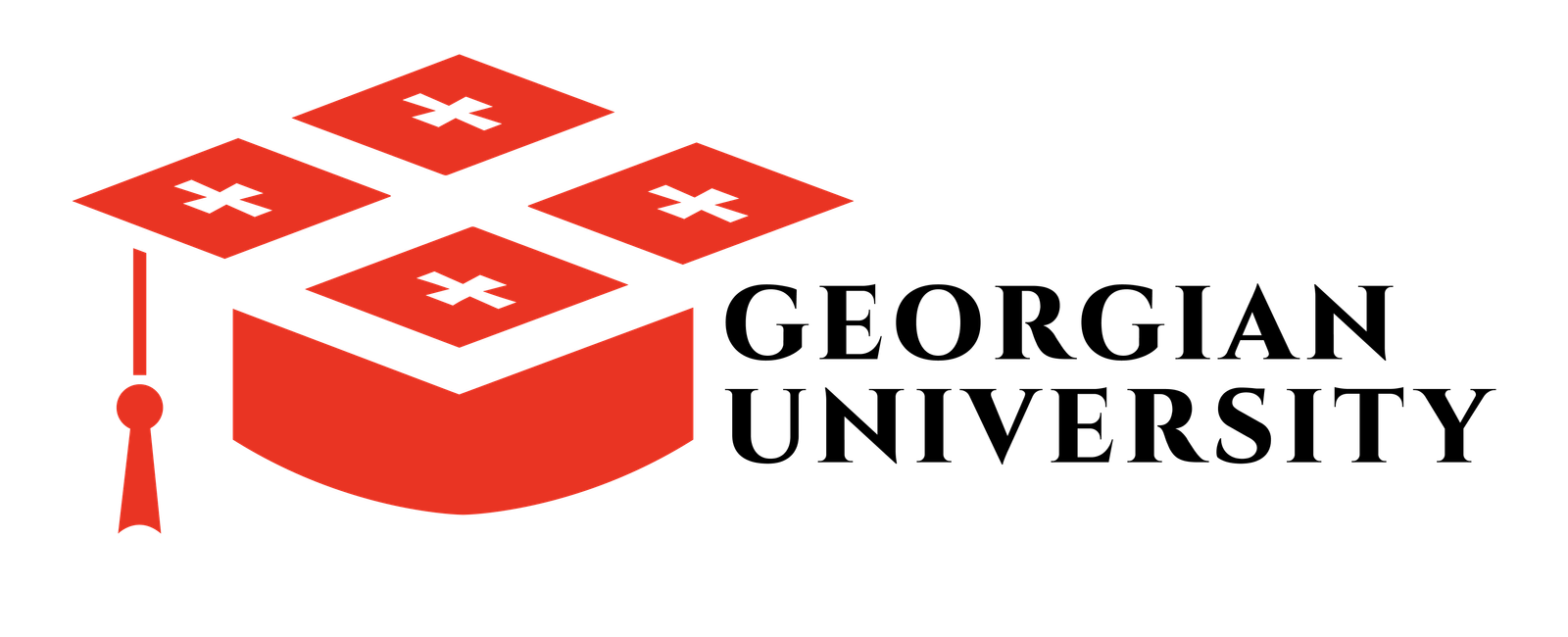Georgian University

University Program in Nursing
Program Overview
The BSN program is designed to equip students with the knowledge, skills, and professional behaviors necessary to provide high-quality nursing care. The curriculum integrates theoretical learning with clinical practice, emphasizing evidence-based practice, patient-centered care, critical thinking, and effective communication.
Program Structure
Year 1: Foundations of Nursing and Health Sciences
Semester 1: Introduction to Nursing and Basic Sciences
- Introduction to Nursing as a Profession
- Anatomy and Physiology I
- Chemistry for Health Sciences
- Psychology for Healthcare Professionals
- Communication Skills in Nursing
Semester 2: Health Assessment and Care
- Anatomy and Physiology II
- Microbiology for Nurses
- Nutrition and Dietetics
- Health Assessment and Physical Examination
- Introduction to Community Health Nursing
Year 2: Nursing Care Across the Lifespan
Semester 3: Nursing Fundamentals and Pathophysiology
- Fundamentals of Nursing I (Basic Nursing Skills)
- Pathophysiology for Nurses I
- Pharmacology in Nursing I
- Adult Health Nursing I
- Professionalism and Ethics in Nursing
Semester 4: Nursing Care of Adults and Older Adults
- Fundamentals of Nursing II (Advanced Nursing Skills)
- Pathophysiology for Nurses II
- Pharmacology in Nursing II
- Adult Health Nursing II (Medical-Surgical Nursing)
- Geriatric Nursing
Year 3: Specialized Nursing Practice
Semester 5: Maternal, Child, and Mental Health Nursing
- Maternal and Newborn Nursing
- Pediatric Nursing
- Mental Health and Psychiatric Nursing
- Nursing Research and Evidence-Based Practice
- Clinical Practice I: Maternal and Child Health
Semester 6: Community and Family Health Nursing
- Community Health Nursing
- Family Health Nursing
- Epidemiology and Public Health
- Health Education and Promotion
- Clinical Practice II: Community Health
Year 4: Leadership, Management, and Advanced Practice
Semester 7: Advanced Nursing Practice and Leadership
- Critical Care and Emergency Nursing
- Nursing Leadership and Management
- Nursing Informatics and Technology
- Advanced Health Assessment and Diagnostics
- Clinical Practice III: Critical Care and Emergency Nursing
Semester 8: Capstone and Professional Development
- Nursing Research Project and Capstone
- Nursing Practicum and Internship
- Professional Development and Career Planning
- Preparation for Licensure Examination
- Elective Course (e.g., Palliative Care, School Nursing)
Program Learning Outcomes
Upon completion of the program, graduates will be able to:
- Demonstrate comprehensive knowledge of nursing theories, practices, and principles.
- Perform comprehensive and holistic health assessments across the lifespan.
- Provide safe, effective, and compassionate nursing care to diverse populations.
- Utilize evidence-based practice and critical thinking in clinical decision-making.
- Communicate effectively with patients, families, and healthcare teams.
- Advocate for patients’ rights and professional standards of care.
- Lead and manage nursing care in various healthcare settings.
- Engage in lifelong learning and professional development.
Assessment Methods
- Written Examinations (Multiple Choice Questions, Short Answer Questions, Essays)
- Practical Examinations (Objective Structured Clinical Examinations – OSCEs)
- Clinical Skills Assessments and Simulations
- Case Studies and Care Plan Development
- Research Projects and Evidence-Based Practice Papers
- Clinical Rotations Performance Evaluations
- Reflective Journals and Professional Portfolios
Clinical Practice and Internships
- Clinical Practice: Beginning in the second year, students participate in clinical rotations in various healthcare settings such as hospitals, community clinics, mental health facilities, and long-term care institutions.
- Internship: In the final semester, students undertake a comprehensive nursing internship, working under the supervision of experienced nurses to gain practical experience and prepare for professional practice.
Admission Requirements
- High school diploma with a strong background in sciences (Biology, Chemistry, Mathematics)
- Competitive entrance examination scores
- Interviews and personal statements
- Demonstrated interest in healthcare through volunteer work or shadowing experiences.
Program Duration
- 4 Years (8 Semesters)
Degree Awarded
- Bachelor of Science in Nursing (BSN)
Career Opportunities
Graduates of the BSN program are prepared for roles in:
- Hospitals and Acute Care Settings
- Community Health and Public Health Nursing
- Long-Term Care Facilities
- School Nursing
- Research and Academia
- Healthcare Leadership and Administration
Georgian University is proudly powered by WordPress


